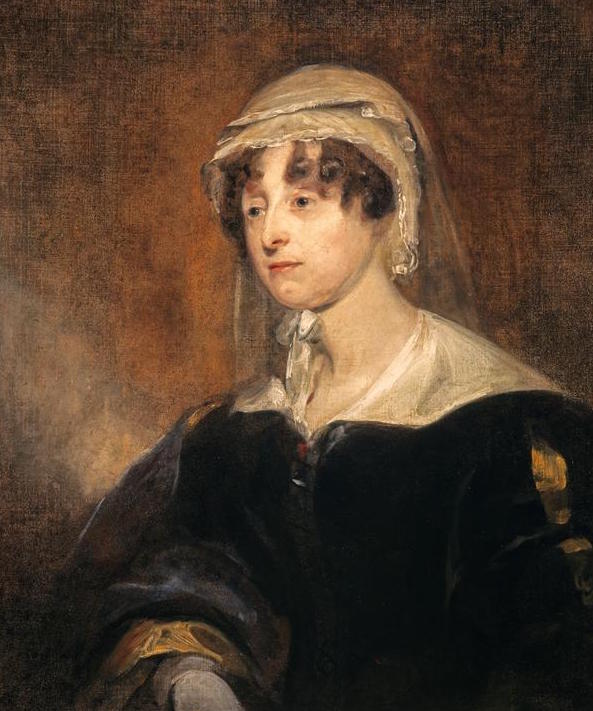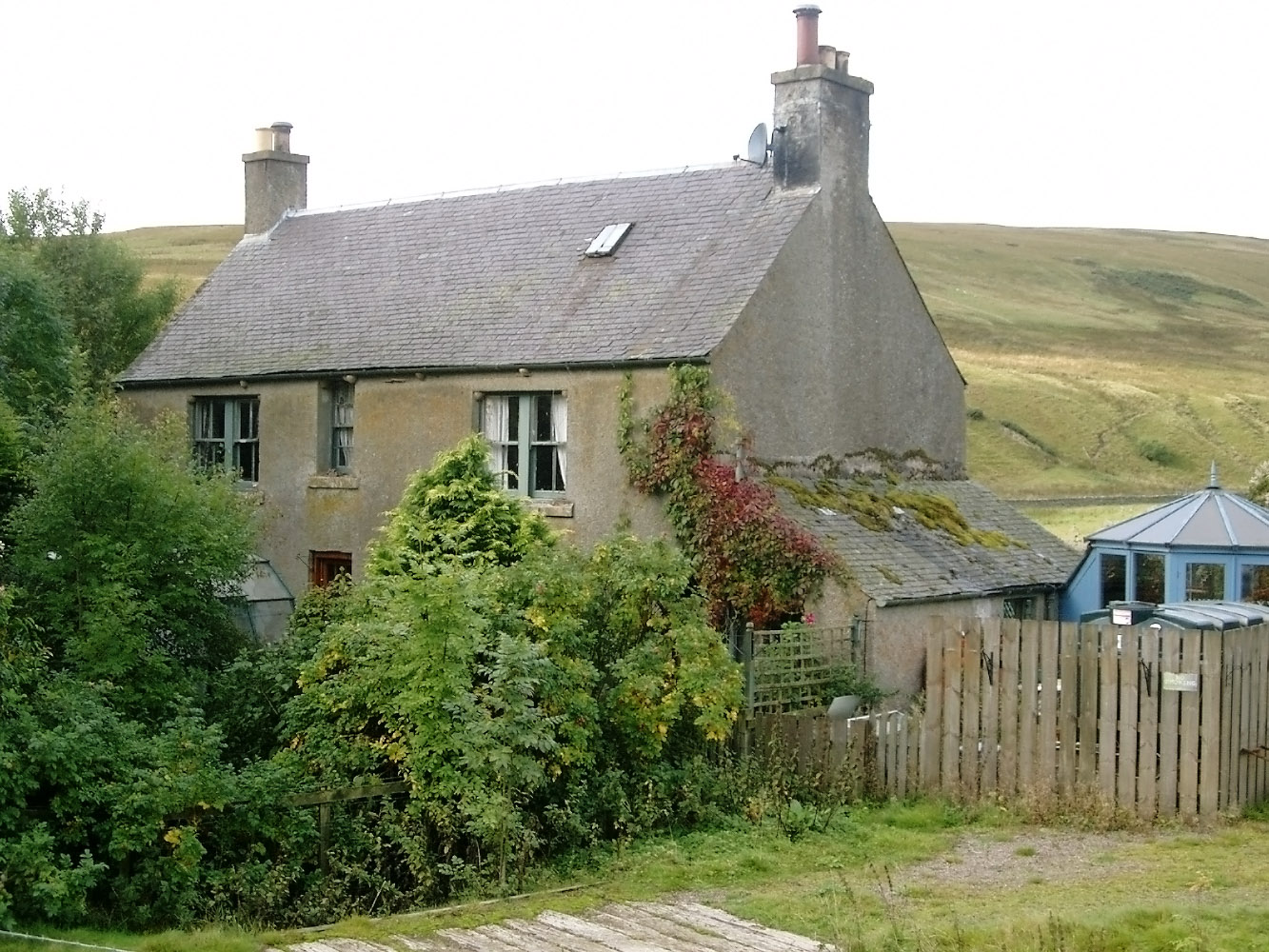|
Mess John
Mess John is the old epithet in Scottish ballad poetry for a priest, derived from the celebration of the mass, so that "Mess John" signified in irreverent phrase, John who celebrated the mass. The English have a kindred phrase, "Jack Priest". :"The auld folk soon gied their consent, ::Syne for Mess John they quickly sent, :Wha ty'd them to their heart's content, :And now she's Lady Gowrie" : (''The Lass o' Gowrie'' by Carolina Nairne) "Mess John" is the title of a poem by James Hogg James Hogg (1770 – 21 November 1835) was a Scottish poet, novelist and essayist who wrote in both Scots and English. As a young man he worked as a shepherd and farmhand, and was largely self-educated through reading. He was a friend of many o ...''The Poems of James Hogg, the Ettrick Shepherd''. References * MacKay, Charles – ''A Dictionary of Lowland Scotch'' (1888) * Scottish folklore History of Christianity in Scotland Scottish literature {{Scotland-stub ... [...More Info...] [...Related Items...] OR: [Wikipedia] [Google] [Baidu] |
Scotland
Scotland (, ) is a country that is part of the United Kingdom. Covering the northern third of the island of Great Britain, mainland Scotland has a border with England to the southeast and is otherwise surrounded by the Atlantic Ocean to the north and west, the North Sea to the northeast and east, and the Irish Sea to the south. It also contains more than 790 islands, principally in the archipelagos of the Hebrides and the Northern Isles. Most of the population, including the capital Edinburgh, is concentrated in the Central Belt—the plain between the Scottish Highlands and the Southern Uplands—in the Scottish Lowlands. Scotland is divided into 32 administrative subdivisions or local authorities, known as council areas. Glasgow City is the largest council area in terms of population, with Highland being the largest in terms of area. Limited self-governing power, covering matters such as education, social services and roads and transportation, is devolved from the ... [...More Info...] [...Related Items...] OR: [Wikipedia] [Google] [Baidu] |
Ballad
A ballad is a form of verse, often a narrative set to music. Ballads derive from the medieval French ''chanson balladée'' or '' ballade'', which were originally "dance songs". Ballads were particularly characteristic of the popular poetry and song of Britain and Ireland from the Late Middle Ages until the 19th century. They were widely used across Europe, and later in Australia, North Africa, North America and South America. Ballads are often 13 lines with an ABABBCBC form, consisting of couplets (two lines) of rhymed verse, each of 14 syllables. Another common form is ABAB or ABCB repeated, in alternating eight and six syllable lines. Many ballads were written and sold as single sheet broadsides. The form was often used by poets and composers from the 18th century onwards to produce lyrical ballads. In the later 19th century, the term took on the meaning of a slow form of popular love song and is often used for any love song, particularly the sentimental ballad of pop or ... [...More Info...] [...Related Items...] OR: [Wikipedia] [Google] [Baidu] |
Priest
A priest is a religious leader authorized to perform the sacred rituals of a religion, especially as a mediatory agent between humans and one or more deities. They also have the authority or power to administer religious rites; in particular, rites of sacrifice to, and propitiation of, a deity or deities. Their office or position is the 'priesthood', a term which also may apply to such persons collectively. A priest may have the duty to hear confessions periodically, give marriage counseling, provide prenuptial counseling, give spiritual direction, teach catechism, or visit those confined indoors, such as the sick in hospitals and nursing homes. Description According to the trifunctional hypothesis of prehistoric Proto-Indo-European society, priests have existed since the earliest of times and in the simplest societies, most likely as a result of agricultural surplus and consequent social stratification. The necessity to read sacred texts and keep temple or church rec ... [...More Info...] [...Related Items...] OR: [Wikipedia] [Google] [Baidu] |
Mass (liturgy)
Mass is the main Eucharistic liturgy, liturgical service in many forms of Western Christianity. The term ''Mass'' is commonly used in the Catholic Church, in the Western Rite Orthodoxy, Western Rite Orthodox, in Old Catholic Church, Old Catholic, and in Independent Catholic churches. The term is used in some Lutheranism, Lutheran churches, as well as in some Anglicanism, Anglican churches. The term is also used, on rare occasion, by other Protestant churches. Other Christian denominations may employ terms such as ''Divine Service (Lutheran), Divine Service'' or ''service of worship, worship service'' (and often just "service"), rather than the word ''Mass''. For the celebration of the Eucharist in Eastern Christianity, including Eastern Catholic Churches, other terms such as ''Divine Liturgy'', ''Holy Qurbana'', ''Holy Qurobo'' and ''Badarak'' (or ''Patarag'') are typically used instead. Etymology The English noun ''mass'' is derived from the Middle Latin . The Latin word was ... [...More Info...] [...Related Items...] OR: [Wikipedia] [Google] [Baidu] |
England
England is a country that is part of the United Kingdom. It shares land borders with Wales to its west and Scotland to its north. The Irish Sea lies northwest and the Celtic Sea to the southwest. It is separated from continental Europe by the North Sea to the east and the English Channel to the south. The country covers five-eighths of the island of Great Britain, which lies in the North Atlantic, and includes over 100 smaller islands, such as the Isles of Scilly and the Isle of Wight. The area now called England was first inhabited by modern humans during the Upper Paleolithic period, but takes its name from the Angles, a Germanic tribe deriving its name from the Anglia peninsula, who settled during the 5th and 6th centuries. England became a unified state in the 10th century and has had a significant cultural and legal impact on the wider world since the Age of Discovery, which began during the 15th century. The English language, the Anglican Church, and Eng ... [...More Info...] [...Related Items...] OR: [Wikipedia] [Google] [Baidu] |
Carolina Nairne
Carolina Oliphant, Lady Nairne (16 August 1766 – 26 October 1845) – also known as Carolina Baroness Nairn in the peerage of Scotland and Baroness Keith in that of the United Kingdom – was a Scottish songwriter. Many of her songs, such as, " Will ye no' come back again?", " Charlie is my Darling" , "The Rowan Tree" and " Wi' a Hundred Pipers' remain popular today, almost two hundred years after they were written. One of her songs, " Caller Herrin'", was sung at the 2021 commemoration of the 1881 Eyemouth disaster. She usually set her words to traditional Scottish folk melodies, but sometimes contributed her own music. Carolina Nairne and her contemporary Robert Burns were influenced by the Jacobite heritage in their establishment of a distinct Scottish identity, through what they both called national song. Perhaps in the belief that her work would not be taken seriously if it were known that she was a woman, Nairne went to considerable lengths to conceal her id ... [...More Info...] [...Related Items...] OR: [Wikipedia] [Google] [Baidu] |
James Hogg
James Hogg (1770 – 21 November 1835) was a Scottish poet, novelist and essayist who wrote in both Scots and English. As a young man he worked as a shepherd and farmhand, and was largely self-educated through reading. He was a friend of many of the great writers of his day, including Sir Walter Scott, of whom he later wrote an unauthorised biography. He became widely known as the "Ettrick Shepherd", a nickname under which some of his works were published, and the character name he was given in the widely read series '' Noctes Ambrosianae'', published in '' Blackwood's Magazine''. He is best known today for his novel ''The Private Memoirs and Confessions of a Justified Sinner''. His other works include the long poem ''The Queen's Wake'' (1813), his collection of songs '' Jacobite Relics'' (1819), and his two novels '' The Three Perils of Man'' (1822), and '' The Three Perils of Woman'' (1823). Biography Early life James Hogg was born on a small farm near Ettrick, Selkirkshir ... [...More Info...] [...Related Items...] OR: [Wikipedia] [Google] [Baidu] |
Scottish Folklore
Scottish folklore (Scottish Gaelic: ''Beul-aithris na h-Alba'') encompasses the folklore of the Scottish people from their earliest records until today. Folklorists, both academic and amateur, have published a variety of works focused specifically on the area over the years.Sanderson (1957: 457-466). Some creatures of Scottish folklore are Loch Ness Monster, brownies, bogles, kelpies, selkies, the wulver, the bean-nighe and the blue men of the Minch. Notes References * See also * Cornish mythology *English folklore *Matter of Britain * Welsh folklore *Welsh mythology *Scottish mythology Scottish mythology is the collection of myths that have emerged throughout the history of Scotland, sometimes being elaborated upon by successive generations, and at other times being rejected and replaced by other explanatory narratives. Na ... External links *Scottish Folk Tales(en) {{Folklore-stub ... [...More Info...] [...Related Items...] OR: [Wikipedia] [Google] [Baidu] |
History Of Christianity In Scotland
The history of Christianity in Scotland includes all aspects of the Christianity in the region that is now Scotland from its introduction up to the present day. Christianity was first introduced to what is now southern Scotland during the Roman occupation of Britain, and is often said to have been spread by missionaries from Ireland in the fifth century and is much associated with St Ninian, St Kentigern (perhaps better known as St Mungo) and St Columba, though “they first appear in places where churches had already been established”. The Christianity that developed in Ireland and Scotland differed from that led by Rome, particularly over the method of calculating Easter, and the form of tonsure until the Celtic church accepted Roman practices in the mid-seventh century. Christianity in Scotland is often said to have been strongly influenced by monasticism, with abbots being more significant than bishops, although both Kentigern and Ninian were bishops. “It is impossib ... [...More Info...] [...Related Items...] OR: [Wikipedia] [Google] [Baidu] |







